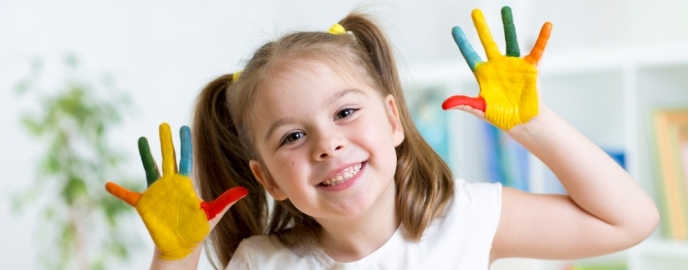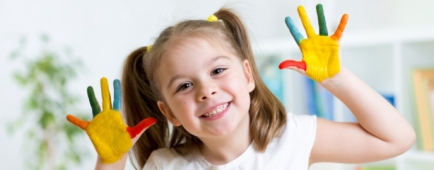MEDIO DE PUBLICACIÓN
Diario EL PAÍS 11.02.17
El Hospital
Prensa
El regreso a clases: un trabajo que involucra a toda la familia

Se acerca el comienzo de las clases y los días previos son claves para repasar y tomar nota de algunas sugerencias vinculadas a la salud, la alimentación, la prevención de accidentes y otros aspectos vinculados con el cuidado de nuestros chicos. Coincidiendo con el retorno a clases, el Hospital Británico llevará a cabo en los primeros días de marzo un taller en el que pondrá a disposición de sus socios y usuarios una serie de consejos y recordatorios para facilitar la transición de las vacaciones del año lectivo. “Los padres deben actuar con serenidad, bajar las expectativas respecto del comienzo de las clases, planificar e ir retomando la rutina de funcionamiento familiar vinculada al comienzo y desarrollo de las clases”, apuntó el doctor Gonzalo Etcheverry, director del Departamento de Pediatría del Hospital Británico. Instó “a los padres a ponerse de acuerdo en las reglas que se van a tener que cumplir durante el año”, por ejemplo en materia de horarios, hábitos uso de tecnologías, permisos, etc. La también pediatra Teresita Sabat, coordinadora de la Policlínica de Pediatría, coincidió en que “son los padres los responsables de bajar el stress” Y sostuvo que se trata de hacer la transición” de las vacaciones al año escolar y no de un cambio abrupto. Los talleres apuntan a un trabajo conjunto de los padres con los niños de cara al inicio de clases. En ese sentido, sugirió “involucrar a los niños en la compra de los útiles escolares, en la compra de alimentos, y planificación de meriendas, y en la revisión de los horarios de acuerdo a las nuevas actividades”. La psicóloga Laura Bachetta, coordinadora del área de Recreación del Hospital Británico, sumó la posibilidad de hacer con niños y adolescentes un “balance” de útiles y otros implementos, “ver que puede servir del año pasado”, como una forma de involucrarlos y llevar a cabo conjuntamente esa transición. “Venimos de acostarse tarde, de comer a deshora, por lo que el cambio debe ser paulatino y progresivo, hasta llevarlos a la rutina del colegio y del liceo”, graficó. “Volver a la rutina del sueño, teniendo en cuenta que un chico debe dormir por lo menos 8 horas diarias, a los horarios para comer y para dormir, a una alimentación arbitrada por los adultos, es fundamental”, argumentó Sabat. Subrayó la importancia del desayuno. “No pueden salir de casa sin desayunar, sin haber comido alguna fruta, algún lácteo y pan, por lo menos”. En esta época se pude realizar el típico control pediátrico anual, al que se debe sumar el ocular y el odontológico, cuando correspondan, así como el chequeo de que las vacunas estén al día. De acuerdo a la edad del niño variará la periodicidad de los controles. Del primer año a los 2 años se aconsejan 4 controles anuales; entre los 2 y los 3 años, 3 controles anuales, y a partir de los 5 años, 1 control anual. El niño debe tener controles oftalmológicos entre los 3 y 5 años, al ingreso escolar a los 6 años y al egreso escolar a los 12 años respectivamente. En materia de salud bucal, a partir de los dos años se recomienda el cepillado con pasta dental después de cada comida y realizarse 2 controles anuales con el odontólogo. El taller trabajará pautas de higiene bucal, de alimentación saludable, por ejemplo para la realización de viandas y merienda, y para volver a las rutinas y hábitos de estudio y otras actividades. Esta iniciativa se inscribe en la política permanente de prevención en salud que lleva adelante el Hospital Británico, involucrando a profesionales y personal de todas las áreas de la institución y desarrollando propuestas y actividades que aporten una mejor calidad de vida de sus asociados.

